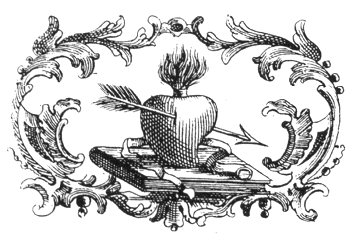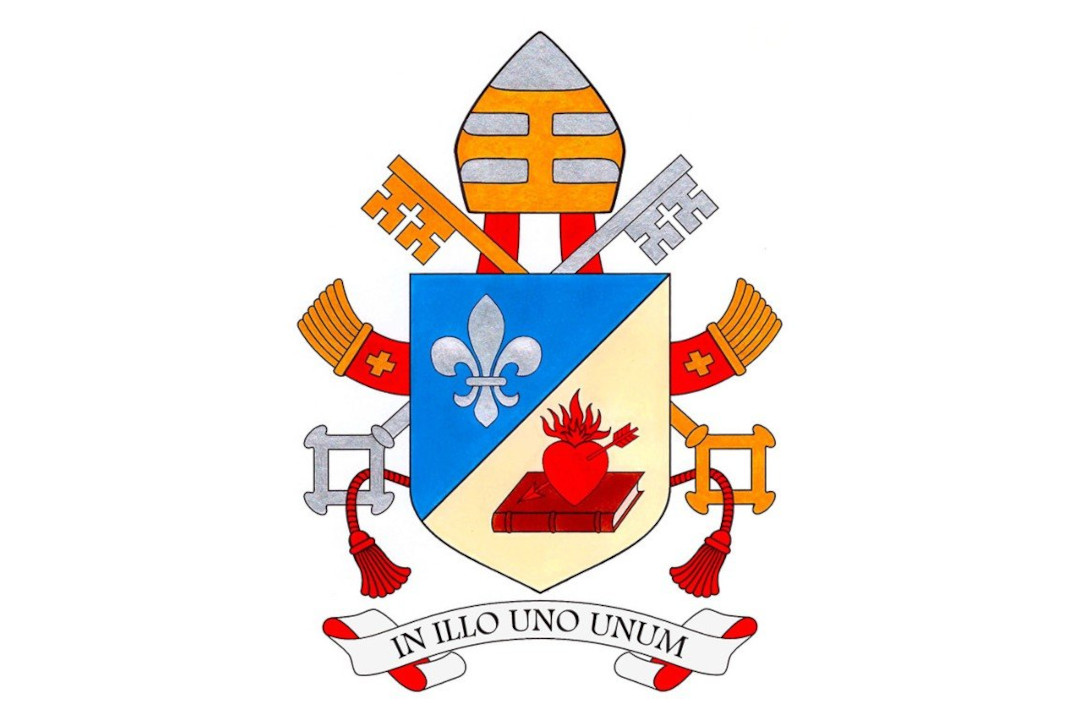Saint Augustine of Hippo, whose feast we celebrate tmorrow, left an indelible mark on the theology of Western Christianity, as well as on the priesthood and religious life. Augustine was one of the earliest bishops to establish what were later called Canons Regular, originally, priests that live with their bishop and share a common life, and his Rule led to the formation of several religious orders. The largest and most familiar of these is the Order of Saint Augustine (OSA), founded in 1244 and originally known as the Hermits of Saint Augustine (OESA). Our current Pontiff, Pope Leo XIV, is the only member of this order to have assumed the throne of Peter.
Deus, qui abditiora sapientiae tuae arcana beato Patri Augustino revelando, et divinae caritatis flammas in ejus corde excitando, miraculum columnae nubis et ignis in Ecclesia tua renovasti; concede: ut ejus ductu mundi vortices feliciter transeamus, et ad aeternam promissionis patriam pervenire mereamur. Per Dominum.
O God, who by revealing the more hidden secrets of Your wisdom to blessed Father Augustine and who by fanning in his heart the flames of divine charity, You renewed in Your Church the miracle of the pillar of cloud and fire: grant that by his leadership we may happily pass through the world’s eddies and be worthy of reaching the eternal and promised homeland. Through our Lord.
Omnipotens sempiterne Deus, qui praeclaro sapientiae lumine, beati Patris nostri Augustini mentem illustrasti, et sancti amoris jaculo ejusdem cor transverberasti: da nobis famulis tuis; ut illius doctrinae et caritatis participes effici mereamur. Per Dominum.
Almighty, everlasting God, who illuminated the mind our blessed Father Augustine with the splendid light of wisdom and transfixed his heart with the dart of holy love: grant to us Your servants that we may be worthy of being made partakers of his teaching and charity. Through our Lord.
Vere dignum et justum est, aequum et salutare, nos tibi semper et ubique gratias agere, Domine sancte, Pater omnipotens, aeterne Deus: Quia vas electionis tuae et lux Doctorum mellifluus Augustinus, toto terrarum orbe radio mirae claritatis infulsit: et Ecclesiam sanctam fidei orthodoxae vere Augustinus illustravit: destruxit haereses; errores repulit: haereticosque prostravit: ac status fidelium universae christianae vitae, Augustinus moribus decoravit. Clericos docuit; laicos monuit; devios in viam veritatis reduxit; cunctorumque conditionibus salubriter providendo, tuam in hoc mari naviculam Augustinus provide gubernavit. Et ideo cum Angelis et Archangelis, cum Thronis et Dominationibus, cumque omni militia caelestis exercitus, hymnum gloriae tuae canimus, sine fine dicentes:
It is truly meet and just, right and salutary, that we should at all times and in all places, give thanks to You, O holy Lord, Father almighty, everlasting God; because the vessel of Your Election and the light of the Doctors, the mellifluous Augustine, enlightened the entire world with a ray of marvelous brilliance. And Augustine illuminated the Holy Church with a truly orthodox Faith; he destroyed heresies; he refuted errors; he brought low the heretics; and the status of all the faithful of a Christian life, Augustine decorated with his deeds. He taught the clergy; he admonished the laity; the returned the wayward to the Way of truth; and by salubriously providing in all conditions, Augustine providently piloted Your ship in this sea. And therefore, with the Angels and Archangels…
Fove, Domine, familiam tuam muneribus sacris, quam caelesti libamine recreasti: et, ut solemnia sancti Patris nostri Augustini devote concelebret; infunde lumen supernae cognitionis et flammam aeternae caritatis. Per Dominum.
Foster, O Lord, Your family, which You have revived with [these] sacred offerings and heavenly libation; and, so that it may celebrate devoutly the Feast of our holy Father Saint Augustine, pour onto it the light of supernal thinking and the flame of eternal charity. Through our Lord.
From his writing assuredly it is manifest that this priest, beloved and acceptable to God, lived uprightly and soberly in the faith, hope and love of the Catholic Church in so far as he was permitted to see it by the light of truth, and those who read his works on divine subjects profit thereby. But I believe that they were able to derive greater good from him who heard and saw him as he spoke in person in the church, and especially those who knew well his manner of life among men. For not only was he a “scribe instructed unto the kingdom of heaven, which bringeth forth out of his treasure things new and old,” and one of those merchants who "when he had found the pearl of great price, sold all that he had and bought it," but he was also one of those of whom it is written : “So speak ye and so do,” and of whom the Saviour said: “Whosoever shall so do and teach men, the same shall be called great in the kingdom of heaven.” [2]




